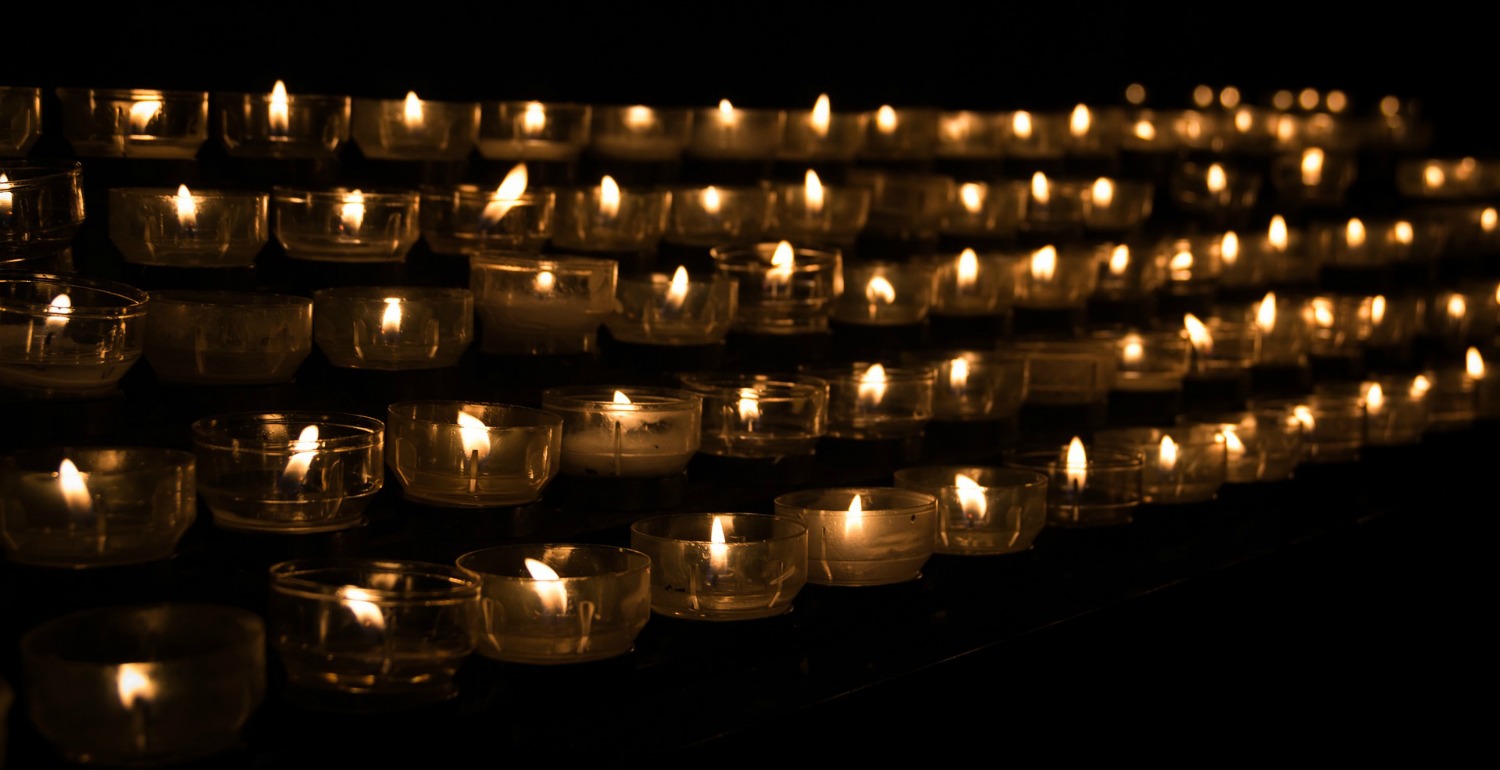Deputy Chief of Staff of the Helsinki Commission Ronald J. McNamara, in cooperation with the U.S. Commission on International Religious freedom, assessed the prospects for religious freedom in Turkmenistan in light of a strong critique of the repressive practices of Saparmurat Niyazov’s regime in the State Department’s Annual Report on International Religious Freedom.
Witnesses testifying at the hearing – including Joseph R. Crapa, Executive Director of the U.S. Commission on International Religious Freedom; Najia Badykova, Research Associate for the George Washington University Institute for European, Russian, and Eurasian Studies; Lawrence Uzzell, President of the International Religious Freedom Watch; and Felix Corley, Editor of Forum 18 News Service – presented testimonies regarding the implementation of “legislative improvements” that only further restricted freedom of religion. These testimonies provided a basis on which to assess developments in Turkmenistan as the State Department considered designating Turkmenistan as a “Country of Particular Concern” for its ongoing, systematic violations of religious freedom.







